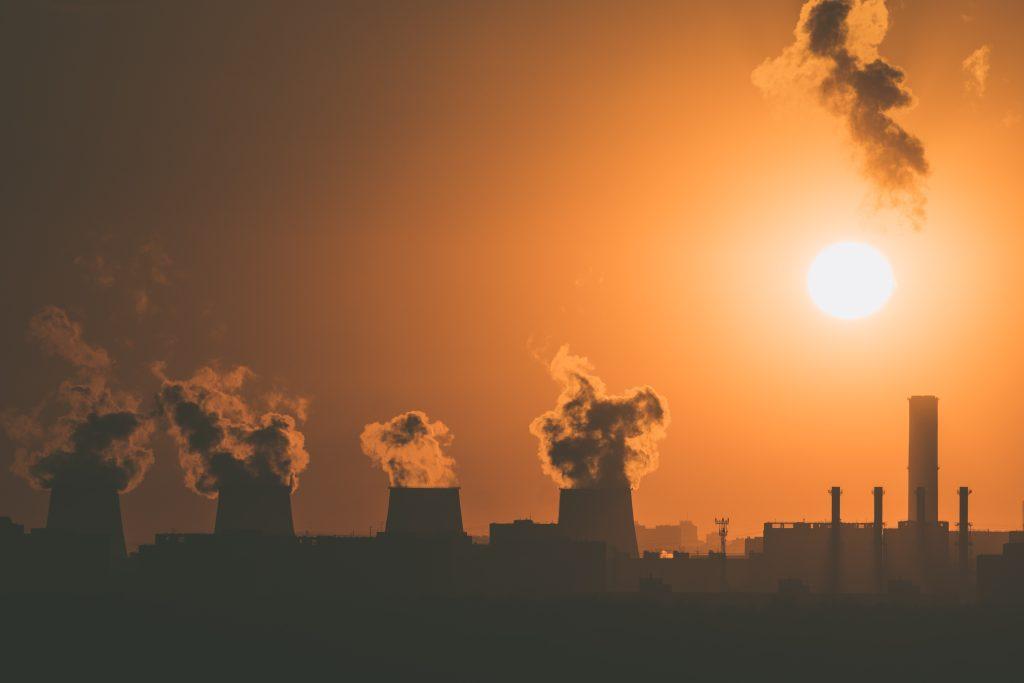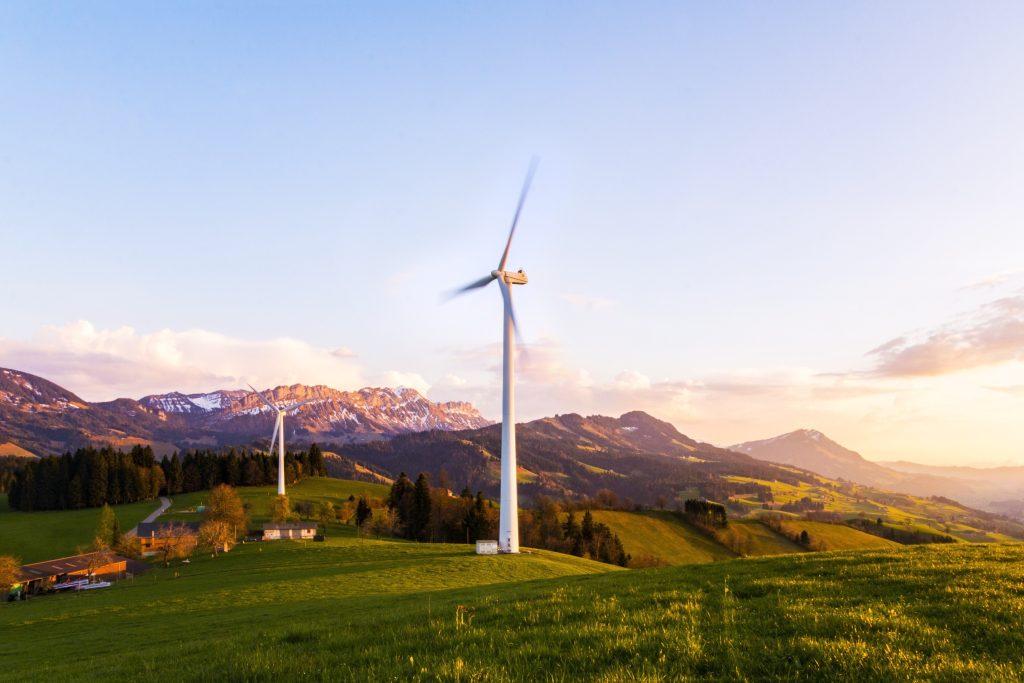Decarbonisation reduces carbon dioxide (CO2) in the earth’s atmosphere. How do we decarbonise and what part does it play in the fight against climate change?
Why is Decarbonisation Important?
Burning fossil fuels creates large amounts of CO2. The accumulation of CO2, and other greenhouse gasses (GHG), traps heat in the earth’s atmosphere. This causes average global temperatures to rise over time and creates climate change. (Drax, 2020)

Lowering emissions produced by economic activity is therefore vital to tackling climate change. To do so, industry must adopt energy efficient technologies that move away from fossil fuels like coal, petroleum and gas. (David Victor, 2020).
What is Decarbonisation?
So, decarbonisation means finding alternative ways to produce energy.
Renewable energy sources like wind power, solar power, and biomass (TWI, 2019) allow homes and businesses to become less reliant on fossil fuels.

Using battery storage, they can generate, store, and share much of their own power. (Drax, 2020)
By switching to electric vehicles, they also cut fossil fuels used in transportation. (TWI, 2019)
Other ways to decarbonise include carbon sequestration and carbon capture and storage which aim to draw CO2 from the atmosphere or capture CO2 as fossil fuels are burnt. (Drax, 2020)
Overall, the right strategy will differ between industries and from country to country. Much depends on each country’s existing technologies and infrastructure.
How is the world moving away from CO2?
Global treaties like the 2015 Paris Agreement have been set up to drastically reduce CO2 emissions.
The ‘Paris Treaty’ aims to limit average global temperatures to no more than 2°C above pre-industrial levels. (Drax, 2020)
However, convincing all governments to make the necessary changes in their economies can be difficult. (Drax, 2020). Developing countries, for example, have often claimed that developed economies should bear the greatest responsibility because they have historically been the largest emitters of CO2. (David Victor, 2020)
Nevertheless, conferences like Paris in 2015, and the recent COP 21 meeting in Glasgow, provide important opportunities for action.
Meanwhile, innovations in green technology and sustainable business models are helping to address the many issues faced by industries around the world.
Whilst decarbonisation is still at an early stage there are some reassuring signs. Iceland, for example, now derives 100% of its energy from natural sources, with 73 percent of demand sourced from hydropower and 27 percent from geothermal power. (Drax, 2020)
Importantly, governments and big corporations are not the only ones who can make a positive impact on the environment. You can help fight climate change by reducing your own carbon footprint. Check out this THRIVE article on how to reduce emissions by decreasing food waste.























